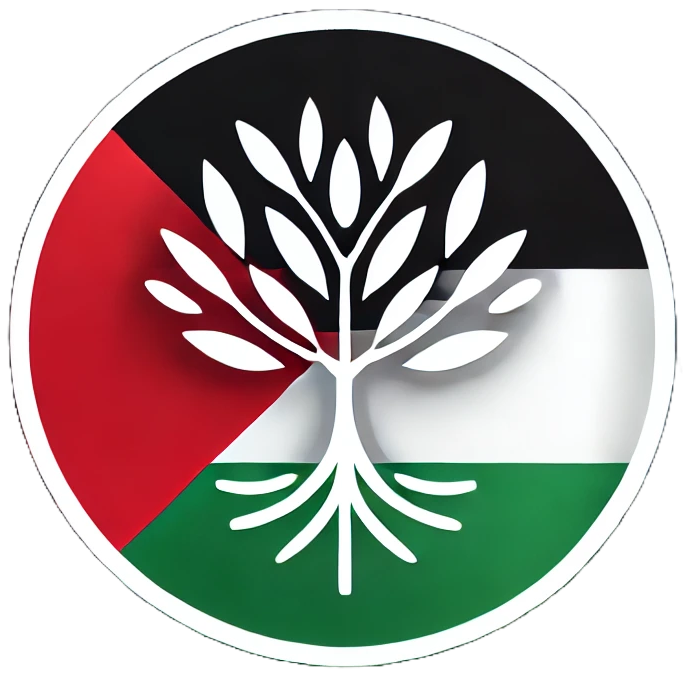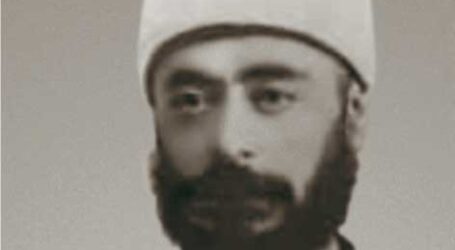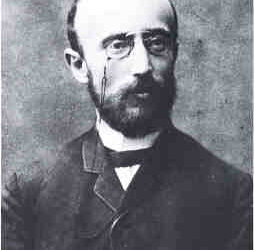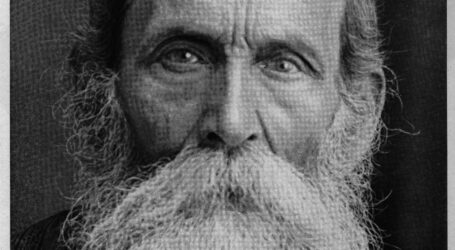Theodor Herzl: Biography
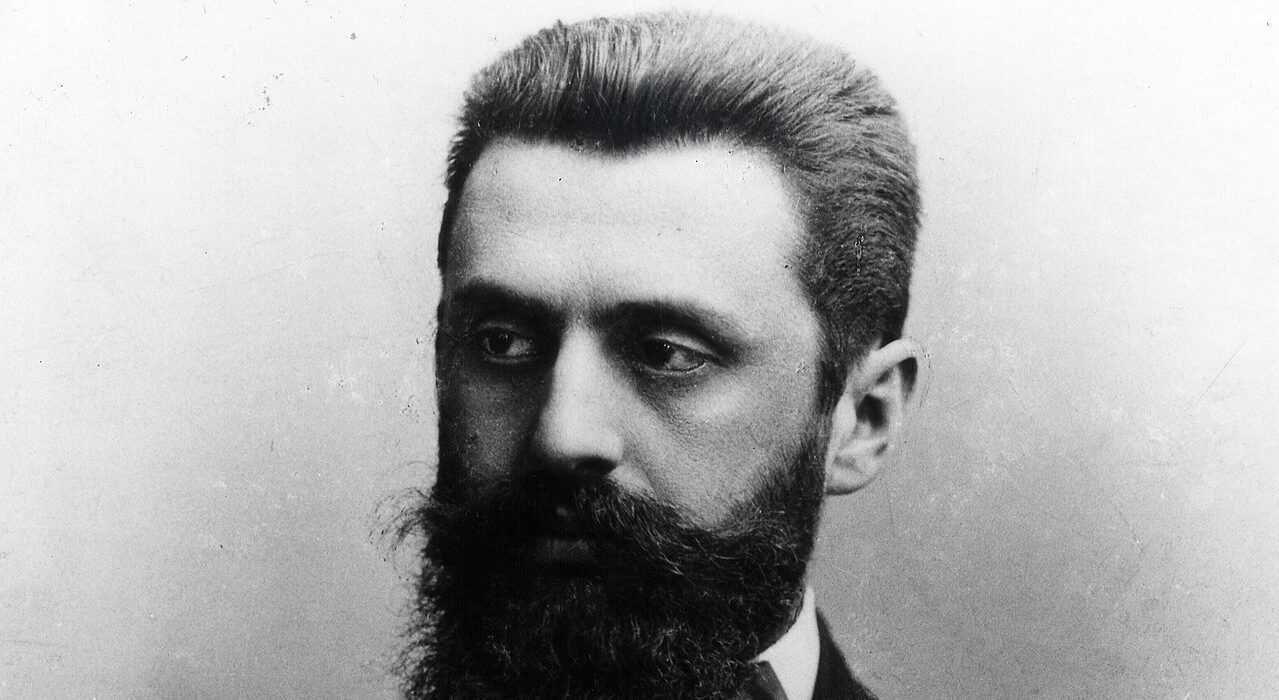
Theodor Herzl
Born: May 2, 1860, Budapest;
Died: July 3, 1904, Edlach
Theodor Herzl was the founder of Political Zionism, a journalist, and lawyer. He was born on May 2, 1860 in Budapest. He went on to study law at the University of Vienna, where he would successfully receive a license to practice. However, instead of pursuing a career in law he chose instead to become a journalist and playwright.
Herzl early on in his life believed that the answer to the Antisemitism that he saw in Europe was assimilation. Herzl regarded Antisemitism at first as largely “a social problem that the Jews could overcome only by abandoning their distinctive ways and assimilating to the people among whom they lived.” (8) The Dreyfus affair (a French scandal where a French military officer of Jewish descent was falsely accused of treason by selling military secrets to the Germans against France) is stated by Herzl himself in that it “had made him a Zionist.” However, there has been some controversy over whether this is the true event or if in new academic scholarship, he was motivated by a gradual wave of rising Antisemitism especially in relation to “the electoral successes of the antisemites in Vienna and Lower Austria in 1895” which impressed on him that his vision of Jewish assimilation was not feasible. (8)
Whether the Dreyfus Affair or other events had any influence is not totally clear, but what is clear is that Herzl’s political ideas began to change. He rejected his previous views towards Jewish assimilation and instead began to espouse new ideas. He wrote a play in 1894 titled “The Ghetto” which rejected assimilation as a solution. This shows how Herzl has undergone an ideological evolution. Just two years later, Herzl would write a book titled Der Judenstaat or The Jewish State in which he discusses his “plan.” The plan would be to establish a state “let sovereignty be granted us over a portion of the globe large enough to satisfy the rightful requirements of a nation; the rest we shall manage for ourselves.” In it he says that immigration to the state would not by sudden but would happen gradually, he says it will take place over many decades he says that the poorest will immigrate first and “cultivate the soil” as well as build infrastructure which will allow for commerce which will attract “new settlers” of higher classes.
He also debates in this book on where exactly to establish it. Herzl writes:
“Shall we choose Palestine or Argentina? We shall take what is given us, and what is selected by Jewish public opinion… Argentina is one of the most fertile countries in the world, extends over a vast area, has a sparse population and a mild climate…Palestine is our ever-memorable historic home. The very name Palestine would attract our people with a marvellous potency. If His Majesty the Sultan [Abdul Hamid II] were to give us Palestine, we could in return undertake to regulate the whole finances of Turkey. We should there form a portion of a rampart of Europe against Asia, an outpost of civilization as opposed to barbarism. We should as a neutral State remain in contact with all Europe, which would have to guarantee our existence. The sanctuaries of Christendom would be safeguarded by assigning to them an extra-territorial status such as is well-known to the law of nations. We should form a guard of honor about these sanctuaries, answering for the fulfilment of this duty with our existence. This guard of honor would be the great symbol of the solution of the Jewish Question after eighteen centuries of Jewish suffering.”
He goes on in this book to discuss a variety of topics pertaining to the establishment of the Jewish state such as: labor practices, work hours, commerce, capital raising, immigration. He also discusses a constitution, a professional army, and Herzl is adamant that this new Jewish state will not be a theocracy, indeed Herzl wrote that “we shall therefore prevent any theocratic tendencies from coming to the fore on the part of our priesthood. We shall keep our priests within the confines of their temples in the same way as we shall keep our professional army within the confines of their barracks… they must not interfere in the administration of the State which confers distinction upon them, else they will conjure up difficulties without and within.”
Theodor Herzl continued his political activism by organizing Jews in supporting his Political Zionism. Herzl founded the World Zionist Organization and in 1897, held the First Zionist Congress in Basel. The delegates adopted the Basel Program which had an important goal of establishing a home in Palestine for the Jewish people and electing Theodor Herzl as President of the World Zionist Organization with Max Nordau as one of its Vice Presidents. The Second Zionist Congress founded a financial organization aimed at development in Palestine. Theodor Herzl learned that in 1898, German Emperor Wilhelm II would be traveling throughout the Ottoman Empire including stops in Palestine. Herzl would travel to Palestine coordinating his trip with that of the German Emperor who allowed Herzl an audience with him to discuss Zionism. In the Third Zionist Congress, Herzl opened the Congress by discussing his meeting with the Emperor. Though nothing concrete was gained the meeting with Herzl and the German Emperor showed Zionism as a legitimate political movement with Herzl as a leader. The Fourth Zionist Congress mainly debated the antisemitism experienced by the Jews in Romania. The Fifth Zionist Congress, Herzl opened by discussing his audience with Ottoman Sultan Abdul Hamid II in 1901, He said that the Sultan made clear to him that in the Caliph the Jewish people had a friend and protector.
In 1902, Theodor Herzl published a novel titled Altneuland or The Old New Land, in this novel he envisions The Jewish State in Palestine as a democratic, multicultural, multilingual utopian state with high technological innovation and an advanced welfare system. It envisions a land in which Arabs and Jews live in harmony together. He writes:
“You Moslems. Don’t you regard the Jews as intruders? You speak strangely, Christian,” responded the friendly Reschid. “Would you call a man a robber who takes nothing from you, but brings you something instead? The Jews have enriched us. Why should we be angry with them? They dwell among us like brothers. Why should we not love them? I have never had a better friend among my co-religionists than David Littwak here. He may come to me, by day or night, and ask what he pleases. I shall give it him. And I know that I, too, may count upon him as upon a brother. He prays in a different house to the God who is above us all. But our houses of worship stand side by side, and I always believe that our prayers, when they rise, mingle somewhere up above, and then continue on their way together until they appear before Our Father… Moslems have always had better relations with the Jews than you Christians”
In 1903, Herzl would go to the Sixth Zionist Congress, his final before his death. In this Congress he presented to the delegates the Uganda Scheme, a plan set up by British Colonial Secretary Joseph Chamberlain to create a Jewish State in British East Africa. This plan was very controversial, but ultimately the majority of delegates voted to investigate this opportunity which in the Seventh Zionist Congress would be ruled as unsuitable. Theodor Herzl would die on July 3, 1904 in Edlach
Sources:
1 Theodor Herzl – Encyclopedia
6 First to Twelve Zionist Congresses
